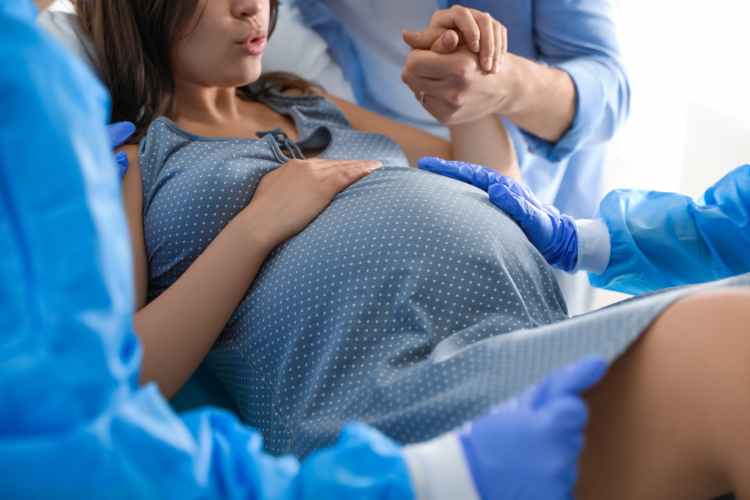There is no such time that can be said as the “best age for childbirth”. Males may continue to be fertile far into their 60s or 70s, but women normally have children from youth until menopause.
The time when a person is most fertile may no longer be the ideal or most practical time for them to have a baby due to economic concerns, extensive educational careers, and personal desire. People in industrialized countries are delaying parenthood for longer than they used to.
In this article, we have shared some factors that affect the ideal timing to have a kid and biological restrictions on males and females, the emotional and financial repercussions.
What is biologically the best time to have a baby?
When deciding whether or not to have children, a person may be influenced by biological, psychological, and financial considerations. When a teen starts going through puberty in adolescence, their fertility starts to rise, and it continues to rise over the years. Males and females both typically have a high rate of fertility in their 20s, but the age of the fertility decline is different in both males and females.
Female fertility starts to decline slightly in the early 30s and then sharply between the ages of 35 and 45, according to the American Society for Reproductive Medicine. The monthly chance of pregnancy for a 30-year-old woman in good health is roughly 20% and this percentage falls to fewer than 5% per cycle by the age of 40.
Although sperm quality decreases significantly as a male age, there is no established age-related limit on male fertility. By the time a man reaches his 60s, sperm quantity and quality decreases, which results in difficulties in getting pregnant.
The capacity to conceive may be impacted by several variables, not only age, as seen in America 12–13% of couples have trouble getting pregnant.
RELATED – UPRIGHT BIKES FOR REHABILITATION: GENTLE EXERCISE FOR RECOVERY
Timing and Psychological variables
A baby can be born at any age as there is no particular time as every person is unique and has a different type of body. Some people believe they are psychologically ready to become parents in their early 20s, while others do not.
The emotional and psychological issues that come with having a baby may necessitate includes adaptability, forethought, a willingness to ask for assistance when needed, and empathy
According to a reliable source, a person’s brain does not mature completely until the age of 25. Some people could decide to put off starting a family until they are emotionally, cognitively, and financially ready.
Financial Difficulties
To start a family, it may take a long time for someone to feel financially ready i.e., a sense of having steady work, safe housing, or house ownership. One poll indicates that the average age of first-time homebuyers has increased from roughly 29 years old in the 1980s to 32 years old nowadays.
Many people may not be prepared to have children until their late 20s or early 30s as a result of the combination of these variables. Some people can need even more time, especially if they reside in high-cost living areas.
The average age at which a woman gives birth to a child varies significantly depending on her location. In rural South Dakota and Texas, women often give birth to their first child when they are 20 or 21, whereas in New York, this age is 31. Both monetary and cultural standards may play a role in these age disparities.
What Happens if you have passed the ideal age?
Though a person may not be in the best financial and emotional situations, some people may be biologically prepared to have a kid in their 20s. They have not lost the chance to become parents because of this, thus people must consider all the options before choosing an option that works for them.
Women must understand, though, that after menopause, they are unable to become pregnant. Menopause typically occurs at 51 years of age, and the years preceding menopause are typically marked by a considerable drop in hormone levels in most women. Males can still conceive up to an undetermined age, but as they get older, their sperm quality and quantity decline. Even though many men can still become pregnant in their 60s and beyond, the genetic quality of their sperm may not be as good.
It may still be possible to have children if a person misses their biological window for doing so by using donor sperm or eggs, adopting an embryo, or adopting a child.
RELATED – 5 SIGNS YOU’RE DEALING WITH CONCENTRATION PROBLEMS
The Bottom Line
A person’s life can be drastically changed by having a child, and many individuals never feel ready for it.
Even though fertility decreases with age, the majority of healthy women are still biologically able to become pregnant until menopause, and the majority of healthy men are still fertile in their 60s and 70s. Some hazards related to pregnancy and childbirth rise with age.
We hope that you found this article worth reading and that it helped you plan the ideal start of your family by having a child.

